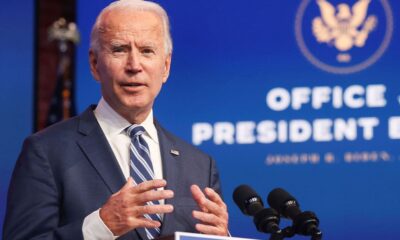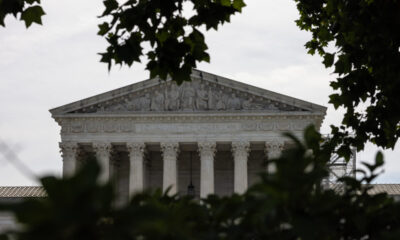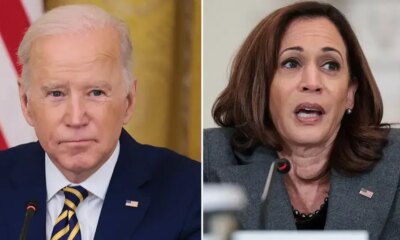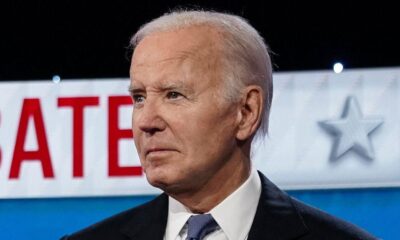Technology
The Supreme Court rejected claims that the Biden administration pressured social media companies to remove disinformation
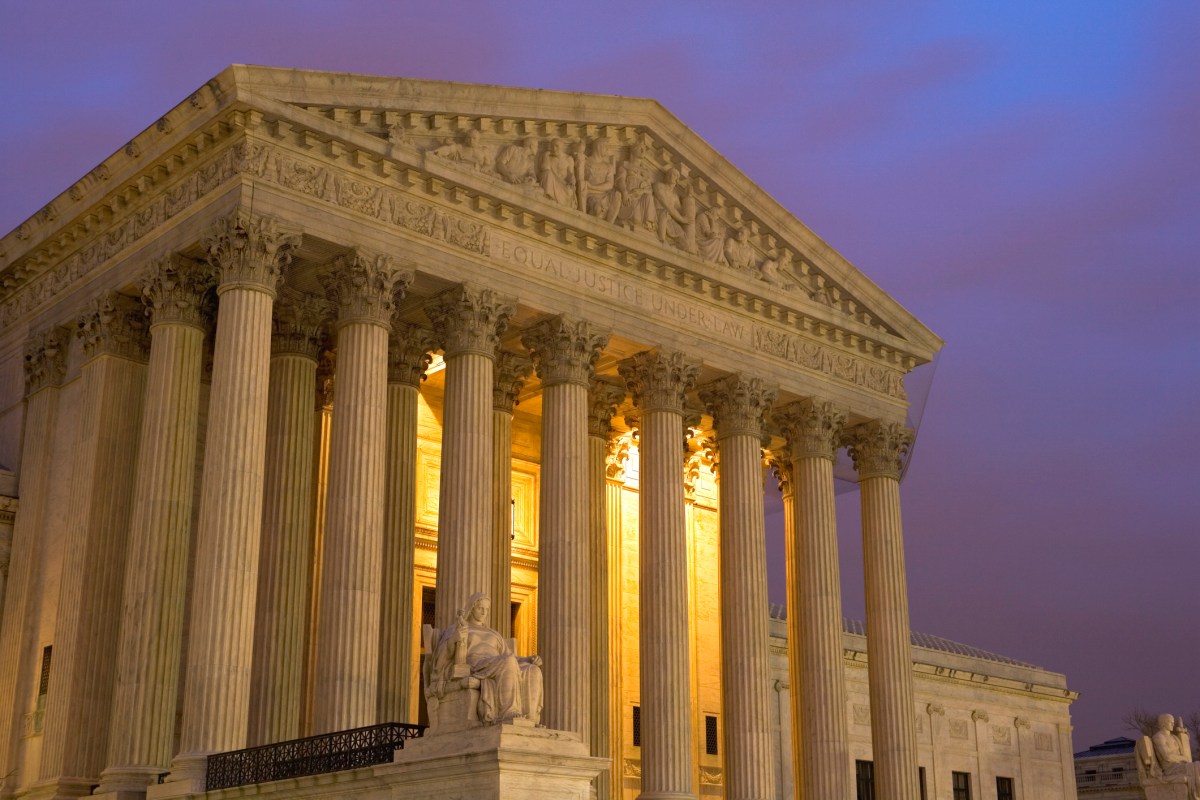
The Supreme Court on Wednesday turned down a Republican-led challenge to the Biden administration’s communications with social media companies to combat online disinformation on topics related to COVID-19 and the 2020 election.
The ruling overturns a ban, currently on hold, that would have limited contact between government officials and social media companies.
Republican attorneys general in Louisiana and Missouri, along with five social media users, had filed the lawsuit in 2022, alleging that the government unlawfully forced social media platforms to remove or downgrade content. The lawsuit alleged that the White House attempted to censor information related to COVID-19 and the latest presidential election. The lawsuit was aimed at getting the Supreme Court to impose restrictions on how the government can interact with social media platforms.
By a 6-3 vote, the Supreme Court ruled that the plaintiffs had no legal right or standing to file a lawsuit. The vote overturned a lower court’s decision that found federal officials likely violated the First Amendment.
“The plaintiffs, without any concrete connection between their injuries and the defendants’ conduct, are asking us to conduct a review of years of communications between dozens of federal officials, across different agencies, with different social media platforms, on different topics ,” Judge Amy Coney Barrett wrote. “The settled doctrine of this Court prevents us from ‘exercising'[ing such] general judicial supervision of the other branches of government.”
Barrett wrote that social media companies have been targeting false or misleading content for years, noting that Facebook began fact-checking and demoting posts with claims of election disinformation.
“While the record shows that the government defendants played a role in at least some of the platforms’ moderation choices, the evidence indicates that the platforms had independent incentives to moderate content and often exercised their own discretion,” Barrett wrote .
Justices Samuel Alito, Neil Gorsuch and Clarence Thomas dissented.
In a dissent, Justice Samuel Alito wrote that the majority “wrongly refuses to address this serious threat to the First Amendment.”



